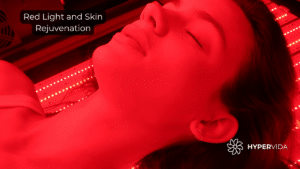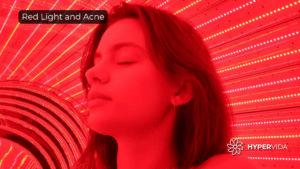Radiation therapy plays an essential role in treating pelvic cancers, but it can occasionally lead to long-term complications. One such complication is radiation-induced hemorrhagic cystitis, a condition marked by persistent bladder bleeding that develops in 1–2% of patients. When conventional therapies fail, researchers have investigated whether hyperbaric oxygen therapy (HBOT) could offer relief.
Study Overview
A cohort of 17 patients, average age 62, was evaluated after developing hemorrhagic cystitis unresponsive to standard treatments. Each received HBOT once daily, with a mean of 14 treatments, until hematuria (visible blood in urine) resolved. Patients were followed for periods ranging from 9 to 60 months.
Key Results
- Complete Resolution: 11 of 17 patients (64%) experienced full resolution of hematuria.
- Partial Improvement: 2 patients had only microscopic hematuria remaining, and 2 more improved but later died due to cancer-related complications.
- Recurrence: 2 patients experienced a return of gross hematuria.
- Timing Matters: Early initiation of HBOT was linked to faster resolution of symptoms.
Clinical Significance
The findings suggest that HBOT may be an effective adjunctive therapy for radiation-induced hemorrhagic cystitis when other options fail. Beyond its impact on symptoms, HBOT is thought to work by improving tissue oxygenation, encouraging angiogenesis (the growth of new blood vessels), and supporting healing in radiation-damaged bladder tissue.
Final Perspective
Although this was a small study, the majority of patients experienced long-term remission following HBOT. The therapy was generally well tolerated, even in patients weakened by advanced cancer and blood loss. More large-scale research is needed, but these results highlight HBOT’s potential role in addressing a difficult and often stubborn complication of pelvic radiation therapy.
Check out the PubMed article here: https://pubmed.ncbi.nlm.nih.gov/9915420/







